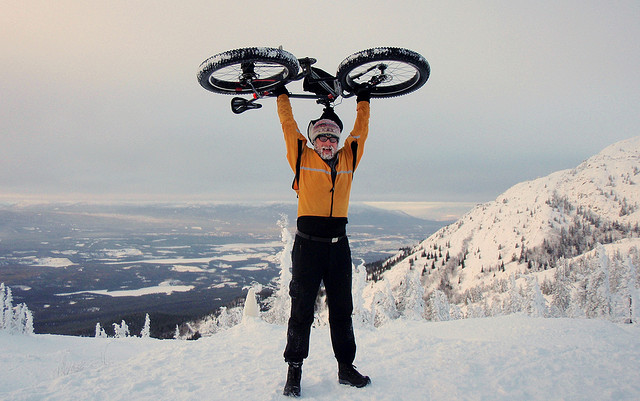Mental Skills for Athletes: Handling Problems
When encountering difficulties or roadblocks, don’t crumble, don’t broadcast it beyond its relevancy.
If the swimming pool is closed, that’s out of your control. Don’t convince yourself your training is ruined, instead go for a run or spend your time in other ways. Don’t focus on the problem.
Don’t let the little things consume you and distract you from your goals. Focus on the things you control. If you make mistakes, analyze them, learn from them and file them away.
If the problem is out of your control, stop and think how to react. How can you best spend your emotional and physical energy in response? Hint: it’s not sulking or getting frustrated!
Our training – and our lives in general – will never be 100% free of imperfect events. The key is tackle the issue, keep it small, learn from it (if relevant) and move on.


